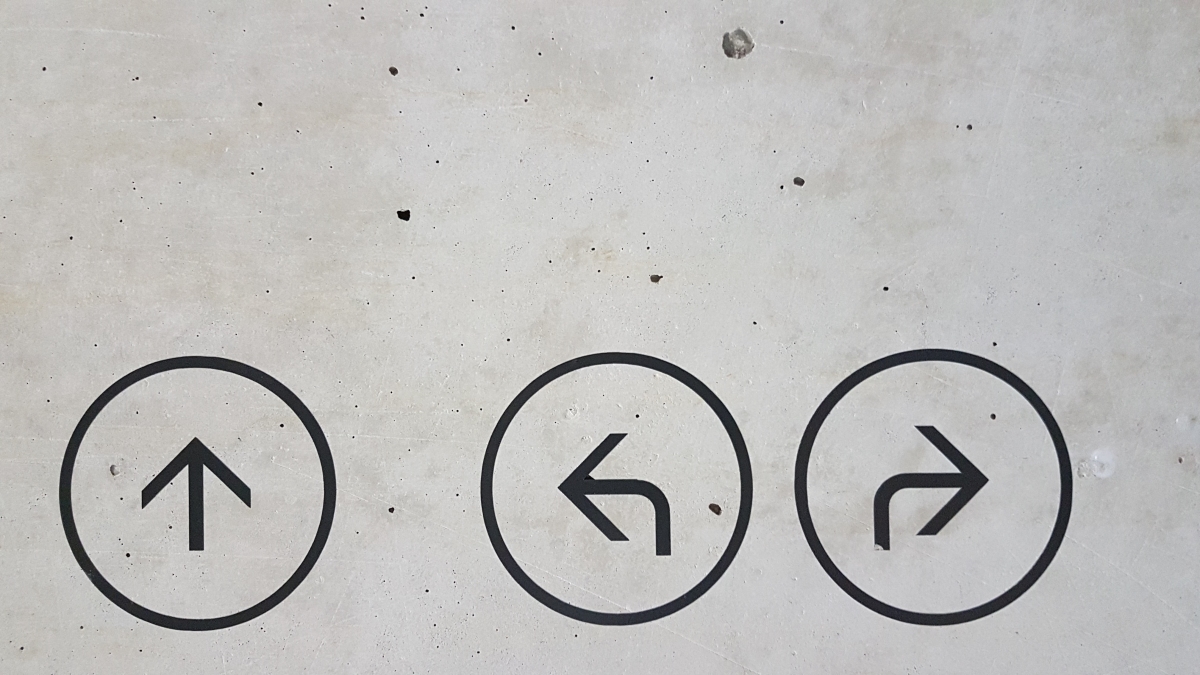Growing up there were definitely “right” decisions and “wrong” ones, and whether they were right or wrong was rarely determined by me.
Typically that choice had already been established by my parents, religion, or culture.
But the reality is that there are very few things in the world that everyone would agree on labeling as “right” or “wrong.” If you try hard enough, you can almost always find one person who believes differently from the group. Just look at the American political parties.
This is the beauty of the human brain.
We get to decide what we want to believe is “right” and shape our lives around those beliefs.
In coaching, when we are focusing on deciding whether to stay or go, the focus is not so much on whether you believe it’s “right” or “wrong” (because typically that’s just a judgment given you by other people), but rather:
- What are your reasons for your choice? and
- Do you like those reasons?
For example, some of my clients notice that one of the reasons for staying in their marriage is that they are afraid of what other people will think if they get divorced, or because they are scared of how they will survive without their spouse’s income.
And other’s notice that one of their reasons for leaving is because they think things will be easier once their spouse is gone, and they want to escape the negative feelings that keep cropping up in their marriage.
We explore how each of these reasons feels and what actions come out of them.
Often my clients identify that they don’t want to stay because of fear and they don’t want to leave from escape.
Together we identify reasons that instead create feelings of strength, self-love, gratitude, peace, openness, and change.
Then, whether they decide to stay or go, they move forward with their decisions and become the very thing that makes their decision “right.”
Take some time to write down your reasons for both choices in your marriage – stay or go.
Why do you want to stay?
What are you afraid of if you go?
Look at each of your reasons and ask yourself, “Do I love this reason and the energy that’s behind it?”
You can make this decision and feel good about your choice knowing you love all of your reasons.
This is what makes it the “right” choice for you.
Photo by Cristina Gottardi on Unsplash

